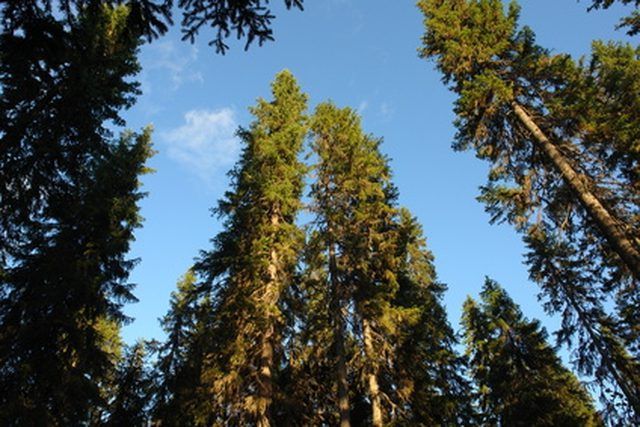Bulbs
Flower Basics
Flower Beds & Specialty Gardens
Flower Garden
Garden Furniture
Garden Gnomes
Garden Seeds
Garden Sheds
Garden Statues
Garden Tools & Supplies
Gardening Basics
Green & Organic
Groundcovers & Vines
Growing Annuals
Growing Basil
Growing Beans
Growing Berries
Growing Blueberries
Growing Cactus
Growing Corn
Growing Cotton
Growing Edibles
Growing Flowers
Growing Garlic
Growing Grapes
Growing Grass
Growing Herbs
Growing Jasmine
Growing Mint
Growing Mushrooms
Orchids
Growing Peanuts
Growing Perennials
Growing Plants
Growing Rosemary
Growing Roses
Growing Strawberries
Growing Sunflowers
Growing Thyme
Growing Tomatoes
Growing Tulips
Growing Vegetables
Herb Basics
Herb Garden
Indoor Growing
Landscaping Basics
Landscaping Patios
Landscaping Plants
Landscaping Shrubs
Landscaping Trees
Landscaping Walks & Pathways
Lawn Basics
Lawn Maintenance
Lawn Mowers
Lawn Ornaments
Lawn Planting
Lawn Tools
Outdoor Growing
Overall Landscape Planning
Pests, Weeds & Problems
Plant Basics
Rock Garden
Rose Garden
Shrubs
Soil
Specialty Gardens
Trees
Vegetable Garden
Yard Maintenance
Effect of Pine Trees on Vegetable Gardens
Effect of Pine Trees on Vegetable Gardens. Pine trees are notorious for preventing growth both beneath their branches and long after they are removed. The trees impact soil in significant ways, but the good news is that they may not all be bad for a vegetable garden.

Pine trees are notorious for preventing growth both beneath their branches and long after they are removed. The trees impact soil in significant ways, but the good news is that they may not all be bad for a vegetable garden.
Acidic Soil
Pine needles cause high levels of acidity in soil where they decompose, perhaps the most commonly cited reason why planting around pine trees is so hard. Luckily, vegetables in general tend to love acidic soil, so they are an excellent choice for planting around pines.
Delayed Germination
The resin in pine needles acts to preserve the plants, but it can adversely affect seeds of other plants by delaying or preventing germination. Start vegetables from sprouts rather than seeds to avoid this.
Depleted Nutrients
Because pine trees themselves are actually not very nutrient-demanding on soil, they are often left in un-amended, un-fertilized soil for prolonged periods. Always test the soil at a local garden center or make sure to add plenty of compost for vegetables to grow properly.
Shade
Sun-loving vegetables simply will not grow beneath most pine trees. The exception to this is in hot arid climates where pines can actually make year-round vegetable patches possible by protecting plants from the summer sun. Make sure that the vegetables planted will tolerate low light levels throughout the season.
Water
Pines can be very drought-tolerant, but their wide root base makes running underground drip lines problematic. Plan on soak-watering the vegetable patch by hand if planted too near to pine trees.